Dalley: The LDS Church Should Be Careful Not to Abuse the Important Power it Holds in Utah
October 24, 2019
As a person who has lived in the state of Utah while being a part of The Church of Jesus Christ of Latter-day Saints and a non-member, I have had personal experience with the flaws within the separation of church and state. Utah has a large religious majority and it is only fair that those views be represented in our legislation, as they are integral to our communities. However, it is also important that the state is conscious that some beliefs may not be shared by everyone and that they must protect the needs of everyone. It is incredibly difficult — and sometimes impossible — to create a fair balance between different religious views and the amount of influence that they are able to have within our communities. That being said, we must strive for balance and Utah can and must do better.
In ”Sapiens: A Brief History of Mankind,” author Yuval Noah Harari explores the idea that throughout humanity’s history, strong communities have been bound together with common narratives such as fables, myths, legends and religious belief. These shared narratives help our values, beliefs and ideas become more unified. When we feel a sense of kinship, we are more likely to be generous, kind, accepting and connected as a community.
This reminds me of growing up as a member of a tightly knit Latter-day Saint congregation. I shared a strong kinship with those within my own congregation and felt stronger trust towards people who I knew shared my faith. I formed lifelong friendships and learned from incredibly kind and generous mentors. I gained outdoorsman skills and an appreciation for nature and had a deep sense of gratitude for what I have instilled within me. I was devoted to serving those around me and was passionate about improving my community. I gained so much through this community and I am so thankful for the person that it helped me grow into. I am also thankful that, through the First Amendment, I have the freedom to choose if and how I express my religious beliefs, and this includes leaving some beliefs behind. Without such protections from religion, myself and others could be compelled to worship in ways that are untrue to our conscience.
While some may argue that the United States was established as a Christian nation within the colonies, it is often forgotten that many Christianity sects were not even considered Christian in early America. This is tied to Queen Elizabeth’s ruler over England and the declaration of the Church of England as the one true religion. Because of this, many in England felt that had to leave their homes in order to exercise their faith in the ways that they intended. As the 13 colonies formed, some began declaring one denomination to be their colonies’ official religion, creating a religious identity that sometimes varied drastically. This led to a lot of disagreement on how the government should be run, which was troubling for an emerging nation. In order to unite as one, the Founding Fathers included the guarantee of freedom of religion through the First Amendment, making it so individuals are able to determine their own beliefs about religion and the expressions of those ideas without hindrance or penalty from the government.
Religious freedom is an integral part of American identity and is especially important in those of us who live in Utah. A lack of religious freedom is partially to blame for the forcing of the Latter-day Saint pioneers from their homes and the pressure for them to settle in Utah. Despite the establishment of the First Amendment, several groups have been denied their right to freedom of religion such as the Sisters of the Holy Name of Jesus and Mary, atheists and members of the Church of Jesus Christ. In fact, Mormon pioneers and Latter-day Saints today are construed as un-Christian within popular media.
Early Latter-day Saints were forced to flee New York, Ohio, Missouri and Illinois because of anti-Mormon hostility and violence. Before settling in Nauvoo, Governor Boggs of Missouri issued what is now called the Extermination Order. This order called upon the state militia to expel the Latter-day Saints out of Missouri on the claim that they had been in “open and avowed defiance of the laws.” The order resulted in members losing their homes, possessions and hope of finding a final resting place. After the Saints settled in Nauvoo, Illinois, Boggs blamed a failed assignation attempt from mid-1843 on “Mormon agitators.” In response, the governor of Illinois agreed to extradite their leader Joseph Smith to face trial. Smith avoided the extradition until 1844 and shortly after was charged with treason and conspiracy by Illinois authorities and was then imprisoned with his brother in Carthage, Illinois. Both men were murdered by an anti-Mormon mob after their sentencing.
Before this, Latter-day Saint leaders had been considering moving west so they could finally settle beyond the reach of the United States. The murder of the deeply loved Smith solidified these plans under the new leadership of Brigham Young. While the early Saints weren’t always saintly, their right to express their religious beliefs freely was unjustly denied by multiple state governments.
Today, their religion itself now holds influence over a state government. The church’s hand can be seen in political capacities, not only within state politics but also on some national issues. The church has become involved in Prop. 8, medical marijuana and current legal battles that could allow businesses to fire people because of their religious beliefs or identifying as LGBTQ. The church currently holds so much power that it is even a big deal when they take a neutral stance.
While I do think it is logical to see that the LDS church has immense influence in the political process, a line is crossed if they openly ask members to vote one way or another or to support initiatives financially. It is also wrong to filing amicus briefings to limit the rights of others. The church is a powerful advocate of legislation that affects all Utahns, even those who hold different values. If it is constantly outspending and overstepping the proper use of its influence in politics, it runs the risk of unduly violating the basic principles of democracy. This influence may cause citizens who are not of the dominant faith to participate less in local politics, and that is a shame. Utah must conscientiously work towards a better balance hand-in-hand. When Utahns work together, Utah does its best work. Finding a better balance will be hard but worthwhile if we are to preserve our democratic processes.


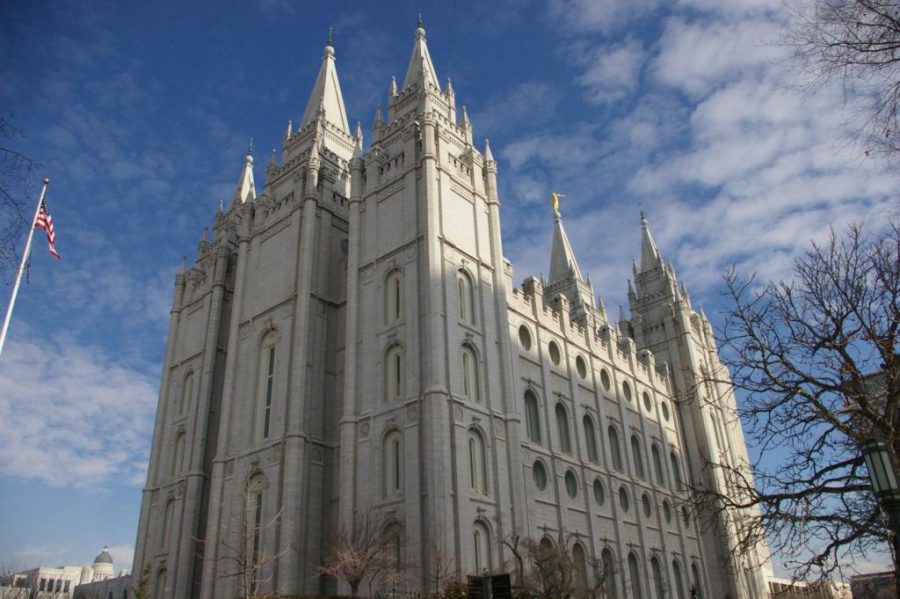

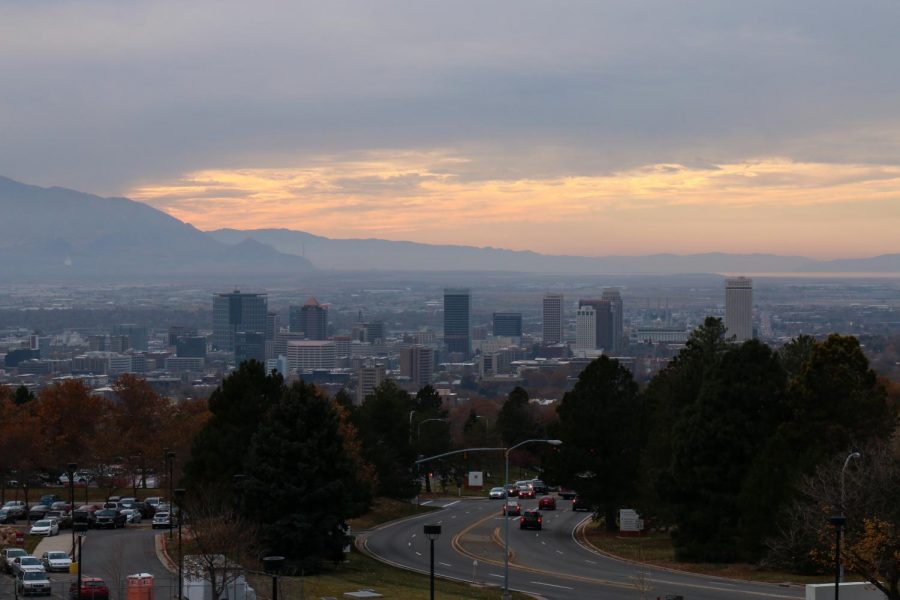
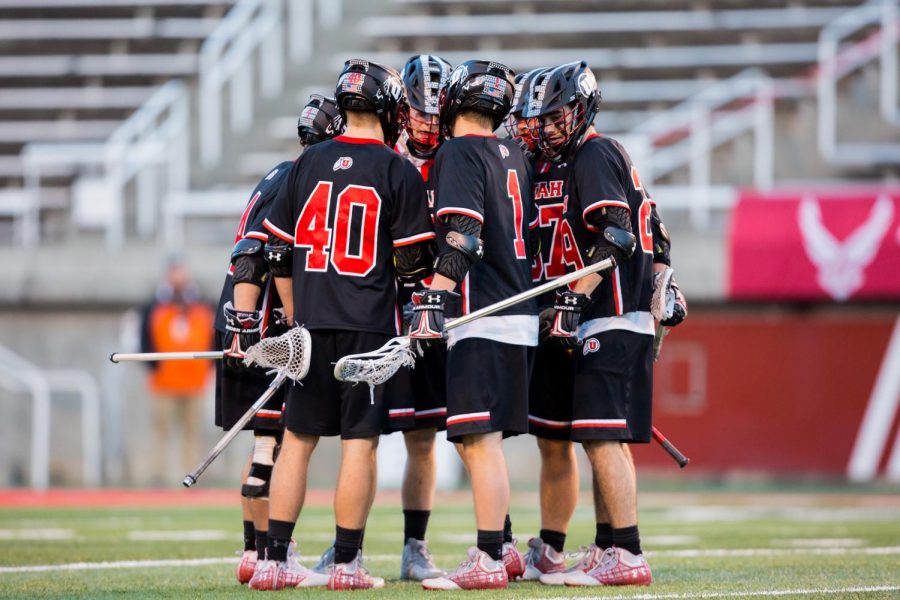
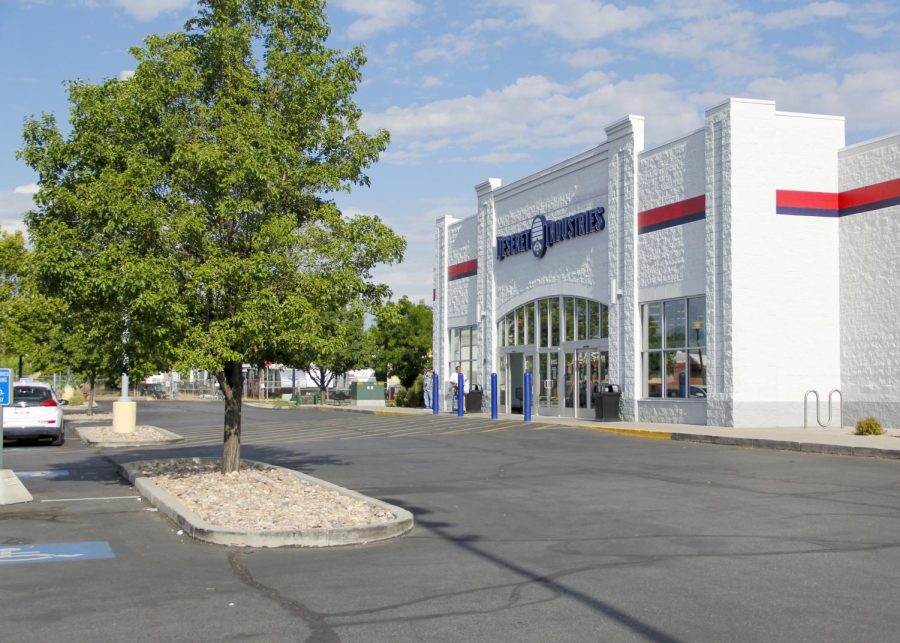

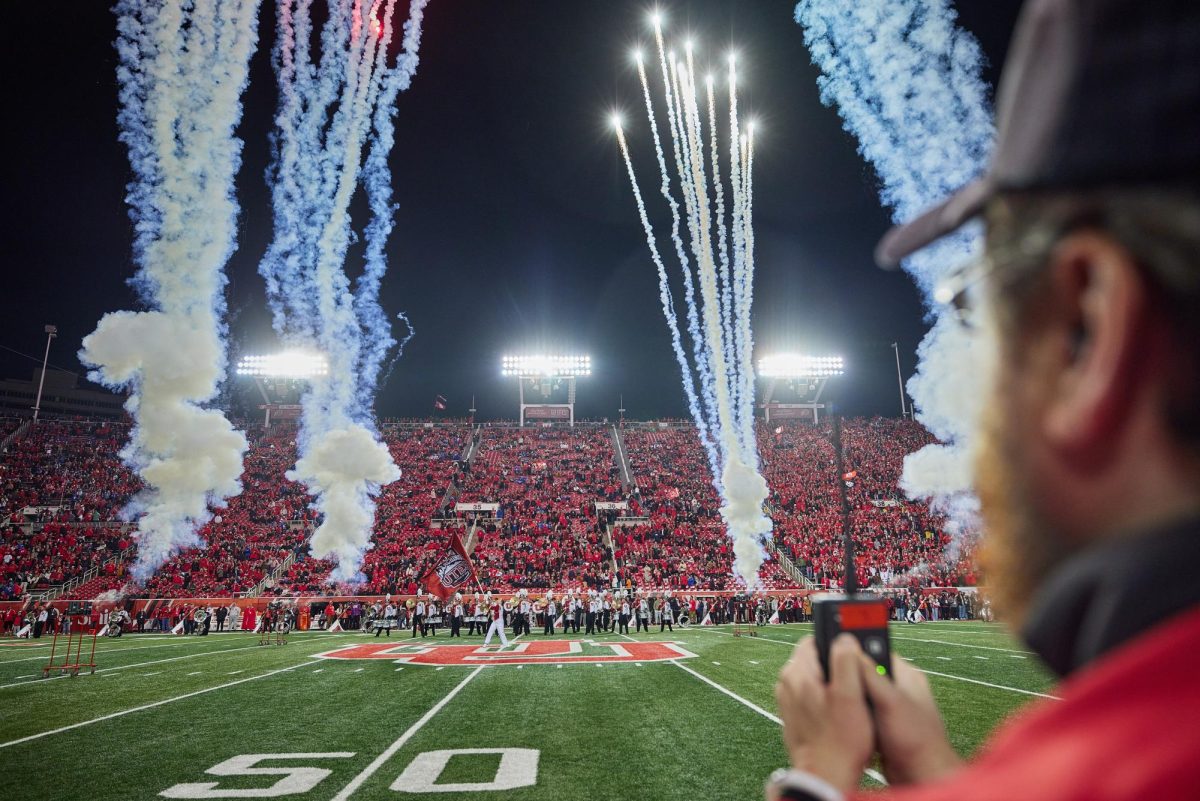
Nick hatch • Nov 13, 2019 at 7:41 pm
Tyler, I hope your not following joseph Smith when you chant follow the prophet. Joseph smith married Helen mar kimball when she was 14! He cheated on his wives with Fanny Alger! He married women who were already married to other men.!
You should research your own religion before proclaiming to the world it’s true. Mormons don’t know their own history.
Also, the mormon church runs Utah. Which needs to stop.
Dado Klinche • Oct 29, 2019 at 3:49 pm
Phipps: Joseph Smith married many women by covenant, and some were older, and not one of them ever had children. How do you know that he enjoyed sex? Do you have those documents? Marriage usually implies that sex is involved, but in many cases with Smith it may not have.
The Church challenges all to take the Book of Mormon seriously and investigate it, ask God if it is true.
A democracy like we have in the U.S. allows the majority to rule in many ways, with judiciary and executive officials mitigating those majorities.
Utah is great, that is why people move there. The Church of Jesus Christ is a huge boon to the state, it bespeaks how it is doing so well.
cwandrews • Oct 28, 2019 at 9:20 am
The Church of Jesus Christ absolutely should provide guidance to its members on how to vote. Unfortunately, the problem lies not with the church but the government. Simply put, our various governments are increasingly trying to legislate social issues which contradict the teachings and policies of all churches – not just the one mentioned.
Churches are being put on defense by government overreach – don’t ask them to back down quietly from issues of morality.
J. Matthew Phipps • Oct 28, 2019 at 8:07 am
When it comes to politics and lawmaking, the LDS Church does nothing but abuse its political power. This is one of the factors that facilitated my move away from it. Their involvement in the 90’s in California politics, the shady political dealings with SLC and the shopping district, and numerous other political issues.
Tyler isBlind • Oct 27, 2019 at 12:23 pm
Tyler,
What part of it is true? The part where JS copied Adam Clarke’s Commentary on the Bible verbatim 200 to 300 times and called it the Joseph Smith Translation of the Bible, which should have been called the plagiarism of Ad Clarke?
Is the true parts found in the first edition of the Book of Mormon or the later modified editions? And if it is in the later editions, why did Jesus himself say in the D&C that the Book or Mormon is true if it was going to be changed later? Wouldn’t Jesus know?
Was it true that Joseph Smith has many wives and that he liked sex, a lot? Even Elder Snow openly admits that Joseph Smith married some of his wife for polygamous purposes.
It is true that the Mormon Church tells you that it is the one and only True Church, but it doesn’t want members to actually research and investigate their claims. Instead, they are just to believe and feel that the words are true, blindly.
cory watterson • Oct 25, 2019 at 10:36 am
It’s a republic , facts are facts. The rest is correct. SEPERATION of church and State
Tyler • Oct 25, 2019 at 7:15 am
There buddy I don’t think you have very much credibility, having been a member and now a nonmember to speak about what’s right or wrong, I could care less about separation of church and state! The church is true and I’ll listen to and follow the words of the prophet. “Follow the prophet, follow the prophet..he knows the way” have a great day!